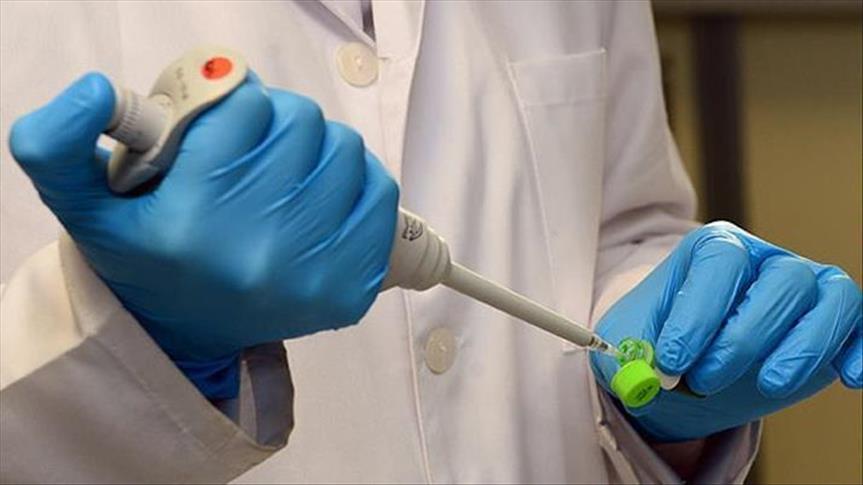
By Jeffrey Moyo
CHIPINGE, Zimbabwe
A Rwandese traditional dance group leads refugees of Zimbabwe’s Tongogara camp to enjoy celebrations during a belated commemoration of World Refugee Day.
In Zimbabwe’s Manicaland Province, in the Chipinge town, 500 kilometers east of the capital Harare, the largest refugee camp in this Southern African nation celebrates nearly two months after the actual date of the event.
But as celebrations roar on, a pregnant teenager from Rwanda from Rwanda, sits in the sun outside her makeshift shelter, oblivious to the jubilant celebrations around her.
Janvier Uwineza says her sickness prevents her from attending the festivities.
“I tested HIV positive two months ago, and I’m pregnant and already on anti-retroviral pills and I was given some pill -- nevirapine meant to prevent my unborn baby from becoming HIV-infected,” Uwineza tells Anadolu Agency.
Uwineza was born in the camp, which hosts about 10,000 refugees. Her parents fled Rwanda in 1994, at the time of the genocide.
“My parents died in a road accident as they were coming from Mutare [in the east] some three years ago,” she says. “Soon after they died, my life changed for the worst.”
Uwineza says she had to resort to prostitution.
“Much older men, I should say both young and old, took advantage of my desperate situation and some would just force themselves on me, most without condom protection,” she recalls.
“Recently, I fell pregnant and I don’t even know the one responsible for the pregnancy,” she adds.
But Uwineza finds comfort in knowing that there are several mothers in a similar situation in the refugee camp.
Just a stone’s throw from her shelter, a baby cries sharply as his teenage mother bends over to bathe her baby in a water basin.
Tohwindo Kahwuma, 16, coughs as she spits gob on the ground. Her baby also coughs and sneezes uncontrollably.
“I’m ill; you can see it, and everyone should be seeing it, and my baby is sick too. After doing some blood tests on me a month before I gave birth, nurses here at the clinic in the camp said I was HIV positive . Nurses said it was too late to administer the pill that could save my baby from HIV,” Kahwuma tells Anadolu Agency.
Kahwuma and her baby are now on antiretroviral treatment.
There are no official statistics on the number of teenage mothers living at Tongogara. But the Platform for Youth Development, a human rights organization based in Chipinge, puts the number of underage mothers in the camp at 115.
“Out of the 115 refugee child mothers at Tongogara refugee camp, 60 percent […] are single mothers while 30 percent […] are infected with HIV,” Claris Madhuku, director of the platform, tells Anadolu Agency.
“The girls who come here as refugees without their parents or guardians fall prey to much older men also refugees at the camp, who either make them pregnant or infect them with HIV and AIDS,” says Madhuku.
The UN refugee agency (UNHCR) has promote voluntary HIV/AIDS counseling and testing in the camp. The camp's HIV/AIDS prevalence rate is now 3 percent.
Anadolu Agency website contains only a portion of the news stories offered to subscribers in the AA News Broadcasting System (HAS), and in summarized form. Please contact us for subscription options.




